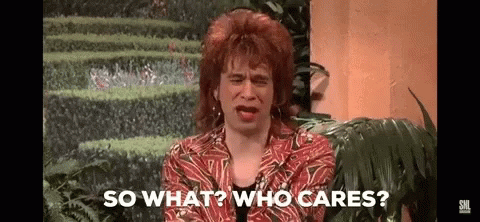This week’s discussion prompts focus on your research work and ask you to share how your research process has been taking shape. This week’s assigned readings are kind of a backdrop–not front-and-center as they have been in our blog discussion–so I want to take a few minutes to suggest how we might synthesize and make use of that material as we forge ahead.
“Can company culture survive Zoom?” is a brief piece that I included because I think the impact of these last 17 months is inevitably on our mind as we look ahead to what work and school environments will be in the days ahead. As many of you have noted in your recent posts, your experience of the Covid-19 pandemic has influenced the way you’re thinking about your research topic (and in many cases even the topic itself–you’re interested in things that might not have been on your radar previously). Given that the pandemic continues to be part of the context in which we research and write, I think it’s useful to hear from others grappling with similar questions.
In particular, I find this passage from Sabri Ben-Achour’s article provocative:
“Why do they choose to work for one organization versus another is often based on their perception of how they fit,” Bell said. “I also think company culture is really important for signaling what companies value.”
Are we an innovation company? Are we a traditional company? What is the point of this company? How is disagreement handled here? Is seniority more important than innovation? Are rules to be bent, broken, or followed with precision? How are ideas challenged? None of this is handled or transmitted through the employee handbook, Bell pointed out. It’s transmitted through relationships.”
In placing the focus on relationships rather than handbooks or mission statements, I think Ben-Achour and his interview subjects add something valuable to the discussion.
The other texts I asked you to read this week also offer some valuable perspectives. I urge you to think about the guidance in the TSIS chapters at hand (5 and 6), which nudge us to engage a range of perspectives in our research (including those we don’t necessarily agree with) AND to be sure to explain ourselves to our readers (to get really direct about explaining why they ought to care about what we have to say). That last point is really important. Be thinking about that as you proceed.
(I can’t help but read the title of chapter 6 in Joy Behar’s voice–I’m not sure if it’s intentional on the part of the writers, but that’s how it echoes in my head. Not sure what I mean? Here’s Behar discussing it, and there’s a mountain of gifs of Fred Armisen’s impression of Behar, which she seems to find pretty entertaining.)

Gifs aside, the point echoes–we can’t presume that people will appreciate why we think something is important if we don’t tell them. So, tell them!
Finally, Chapter 2 of Rewriting (“Forwarding”) gives us another analogy that we’ll be making use of throughout the coming weeks. Anytime we work with source material, we are moving it from one context (that of the original author) to another context (our own), and it’s useful to have some terminology that explains what we’re doing and why. “Forwarding” gives us that–ways to talk about the different uses to which we can put source materials.
We’ll be making use of all this a lot more in the weeks ahead, so please make sure to read these chapters, and ask any questions that you might have.
